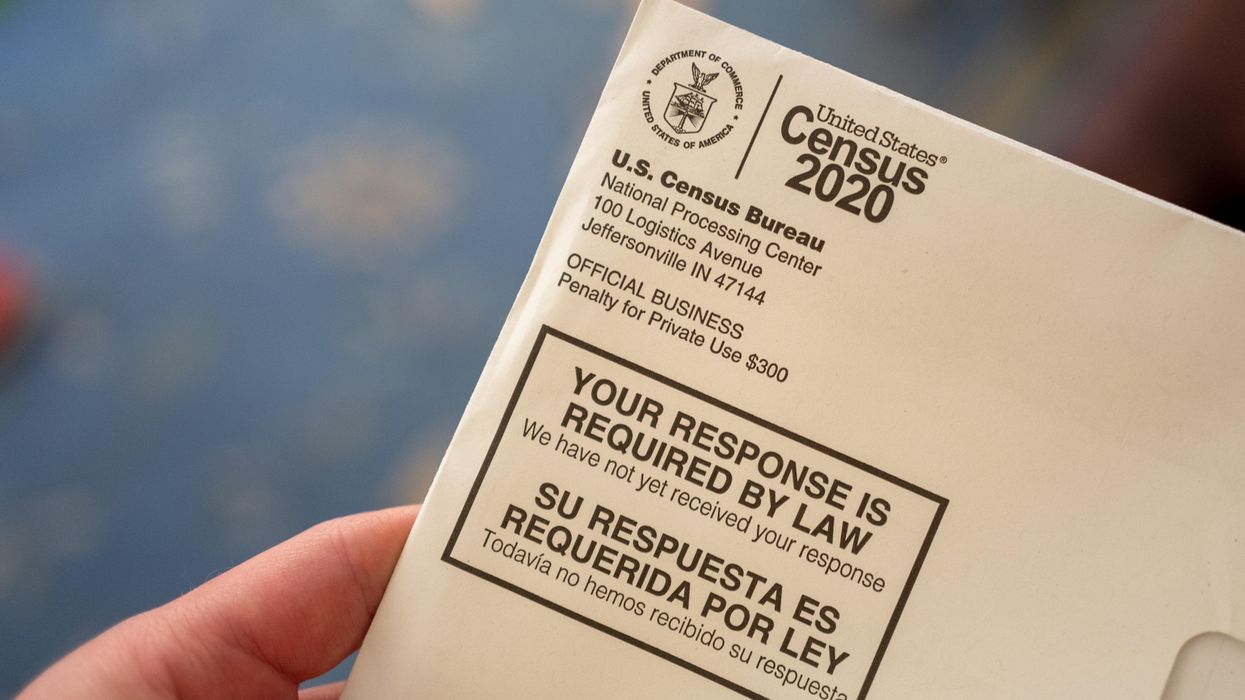The census was created to give the government an understanding of the U.S. population: its size, its ethnic diversity, its socioeconomic range. It is the foundation for allocating government spending and assigning House districts to each state.
However, the census has its limitations. In 2020, its flaws were brought to light after the census failed to account for 18.8 million people. A series of challenges impacted census-takers’ ability to get an accurate count, including the Covid-19 pandemic and administrative interference in the process. A post-count review by the Census Bureau showed significant undercounts of many non-white populations, affecting funding for their communities as well as their representation in Congress.
The Brennan Center for Justice, a left-leaning think tank based at New York University, has offered a set of solutions to improve future counts.
The 2020 census failed to account for 5 percent of the American population. Those errors included undercounts in eight states, many of which are home to a number of Latino, Black, American Indian or Alaska Native communities. This led to situations like Alabama’s new congressional map, with the district lines accounting for just one out of the seven districts having a majority-Black population, despite this demographic making up 25 percent of the state’s voting population.
The Constitution requires the federal government to determine the “actual enumeration,” or headcount, of the United States every 10 years. The Census Bureau is tasked with completing that count, as directed by the Census Act. According to the Brennan Center, the Census Act has been amended over the years but still requires significant updates. In addition the report found that the bureau itself is overextended and the 10-year gap between censuses has not helped the bureau’s competency. If anything, the headcount and all the economic and demographic surveys produce too much data in a 10-year span for the Census Bureau to handle in an organized manner, according to the Brennan Center, even with $14 billion in funding over the course of the decennial cycle.
“Legitimacy and accuracy require equity; an equitable census is free from the long-running tendency to undercount Black, Latino, and Native American communities in comparison with white ones, inspiring confidence in its fundamental fairness,” the report’s five authors wrote.
They developed 19 proposals to fix the shortcomings of the count and grouped them into seven categories:
- Limiting executive interference, which became more pronounced during the Trump administration with researchers claiming the executive office tried to “suppress the count of immigrant communities and communities of color for partisan gain.” Suggested solutions include making the Census Bureau its own executive agency, limiting the number of political appointees and prohibiting the president from contributing in the apportionment process.
- Enhancing congressional oversight of the Census Bureau by establishing subcommittees on the census to oversee varying aspects of the bureau’s duties. This restructuring would force Congress to pay special attention to data quality, reviews of previous censuses and make concerted plans to incorporate improvements into the following decade’s census.
- Improving data collection by modernizing the census and making efforts to capture data from different sources. Proposals include removing statutory limits on data collection methods, incorporating questions that would encapsulate the population’s race, ethnicity, sexual orientation and gender identities, and establishing a National Academies panel to guage operational changes.
- Supporting state-level efforts to end prison gerrymandering, in which incarcerated people are counted where they are imprisoned rather than at their home addresses. Opponents of that process say it articificially limits the actual share of populations among communities of color and is a racially discriminatory way to dilute the votes of those communities. They suggest updating the residence rule to count incarcerated people at their pre-incarcerated addresses and holding the Census Bureau accountable for accurately collecting residence addresses.
- Improving data confidentiality, and thereby encouraging more people to participate in the census, by clarifying and codifying the Census Act and various other bureau policies on sensitive data.
- Ensuring adequate funding for the census with more discretionary authority handed to the Census Bureau.
- Eliminating outdated sections of the Census Act. By removing outdated provisions while simultaneously strengthening others, the Census Bureau’s mission may be better executed.



















Trump & Hegseth gave Mark Kelly a huge 2028 gift